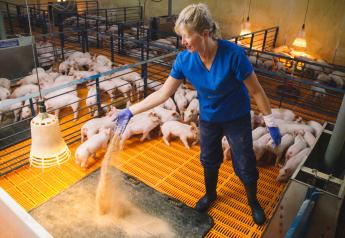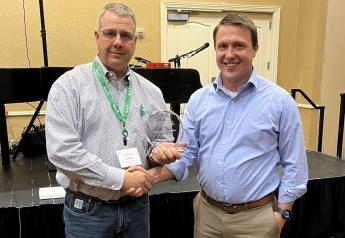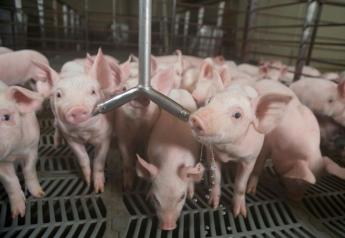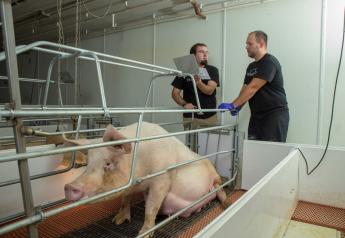Maintaining the Food Supply Chain While Protecting Worker Safety Measures
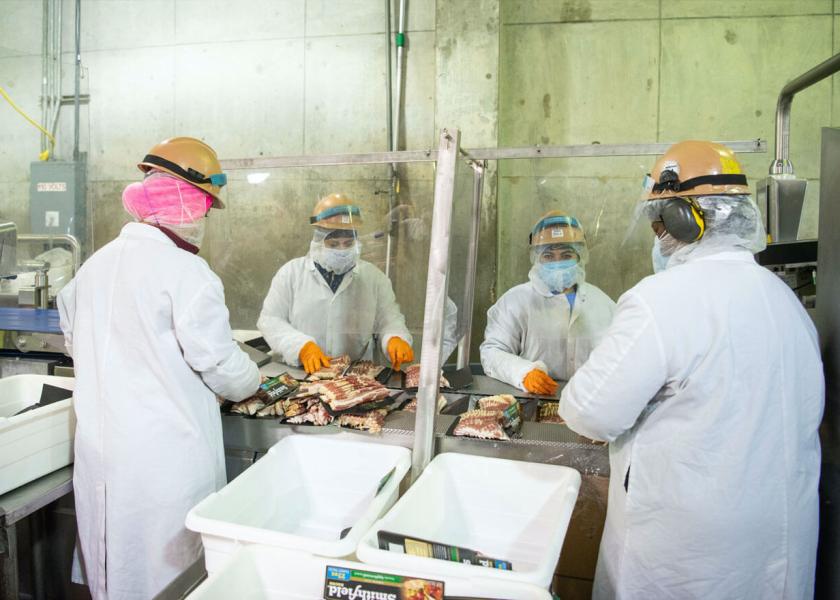
By Nick Giordano, NPPC
There are myriad challenges facing U.S. agriculture today due to the COVID-19 pandemic, but the highest priorities are maintaining the continuity of the nation’s food system while preserving new essential worker safety measures adopted across the supply chain.
The COVID-19 pandemic was a black swan event for the entire economy, introducing unprecedented challenges to hog farmers and the pork industry. In the early stages of the pandemic, when the U.S. pork industry was still coming to terms with what we faced, harvest facilities closed or dramatically reduced capacity, creating a back-up of millions of hogs on farms. Farmers were resourceful and innovative to minimize the need to euthanize, including adjusting nutrition plans and housing, but these were short-term solutions. Unfortunately, some farmers were forced to euthanize pigs meant for the food supply, going against every farmer instinct. Severe emotional toll and financial loss resulted.
While U.S. pork producers are still recovering from these losses, the industry is, thankfully, in a much better position today. Due to major, industry-wide worker safety practices and investments – collectively more than $1.5 billion across U.S. meat processing facilities – and a better understanding of the novel coronavirus today, U.S. pork harvest facilities have been operating at greater than 95% of capacity on a sustained basis. According to data from the North American Meat Institute (Meat Institute), COVID cases at meat and poultry plants have been significantly reduced and were five times lower in December 2020 than they were in May, while infections for the general population increased by nine times during the same period.
That’s why U.S. meat harvest facilities have implemented a number of policies and procedures to protect their essential employees, such as providing PPE, including masks, face shields and sanitizing stations for employees; installing barriers and/or requiring face shields on production lines when social distancing is not possible; staggering shifts and breaks and reduced line speeds to decrease the number of employees in hallways, break rooms and production lines; and expanding healthcare for employees to include eliminated co-pays for COVID-related testing and treatment.
Additionally, NPPC, the Meat Institute and the National Cattlemen’s Beef Association sent letters to all 50 state governors in December 2020, urging them to prioritize COVID-19 vaccinations for meat and poultry industry workers, directly after healthcare workers and other high-risk individuals.
Recently, the Occupational Safety and Health Administration (OSHA) announced guidance on mitigating and preventing the spread of COVID-19 in the workplace and may soon issue a temporary emergency standard for meat and poultry processing facilities. NPPC has urged the agency to be careful not to unnecessarily disrupt the food supply chain with mandates designed to achieve worker safety outcomes already achieved. We remain committed to both highest standards of worker safety, as well as maintaining continuity of the meat supply chain.
In related news, NPPC has launched a campaign to encourage pork industry employees, both on-farm and in-plant, to get COVID-19 vaccines. NPPC supports prioritizing COVID-19 vaccinations for essential meat and poultry workers, directly after healthcare workers and other high-risk individuals. We encourage our workers to get vaccinated as the best defense against the COVID-19 virus. For more information, visit https://nppc.org/essential/.
More from Farm Journal's PORK:
Trade, ASF Prevention, Proposition 12 Top NPPC’s 2021 Priorities
Not Letting Our Guard Down on African Swine Fever
Border Inspections: First Line of Defense to Protect Agriculture


